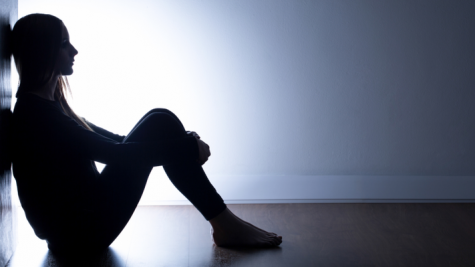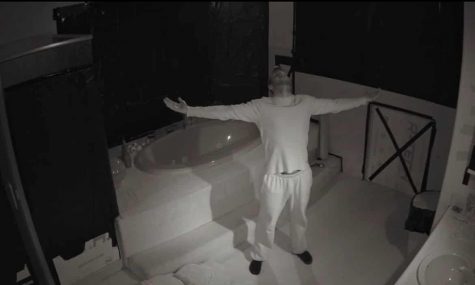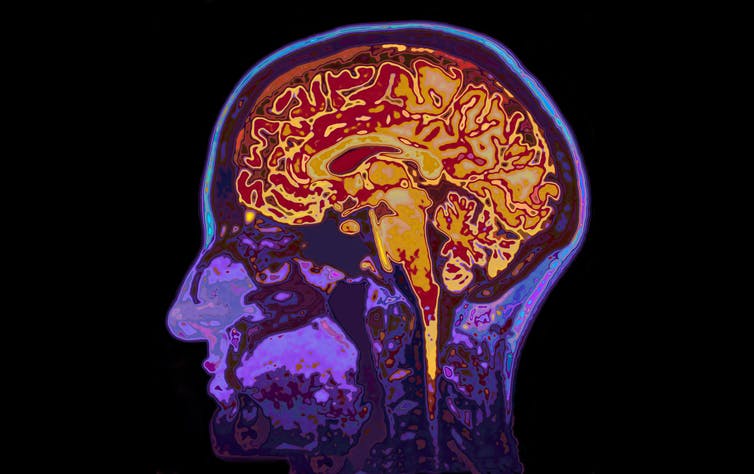The Effects of Quarantine on the Brain

Quarantine has caused a significant change in our lifestyles. We’ve gone from leaving the house for hours everyday and interacting with hundreds of people a day to interacting with only our family members. This type of change has caused stress as well as changes in behavior of humans without us even realizing it. I was curious to see how the isolation caused by social distancing effects the brain and have compiled some research into the matter.

I had read an article a while ago on The Guardian about a professional poker player named Rich Alati, who bet someone $100,000 that he could stay in a dark, sound-proofed room all by himself without any social interaction at all. He lasted a couple weeks as normal, but then started experiencing hallucinations, bouts of paranoia, and other significant impacts on his mental health.
Although self-quarantining is not completely the same as his situation, I have noticed that the loneliness does impact our brains because humans are naturally social creatures. Many of my friends and family members have been feeling down, unmotivated, or tired very often. Feelings of loneliness have been linked with depression and a lowered ability to process information, which in turn affects the decision-making part of the brain, the frontal lobe, and causes this unmotivation and fatigue.
As time has gone on, people have interacted with more and more people everyday, especially in school, work, and extracurriculars. By having positive and happy experiences with people, the brain releases dopamine and serotonin, the feel-good chemicals. When we feel lonely, sad, or dejected, the areas of the brain associates with distress are activated. The activation of the distress regions causes a positive feedback loop, meaning we begin to feel more and more upset which impacts our mental health even more. The American Psychological Association has more in-depth information on how loneliness from isolation affects physical, mental, and cognitive health.
So how can we combat these negative feelings? The first step is to identify them and recognize any bad thoughts that may be lingering around in there. Try and reframe them, or find a distraction. Find more positive uses of time or do activities you normally enjoy. Most importantly, be sure to take care of yourself and look after friends. Make sure you are eating, exercising, and socializing properly. Give friends a call and always be social distancing to be safe.






